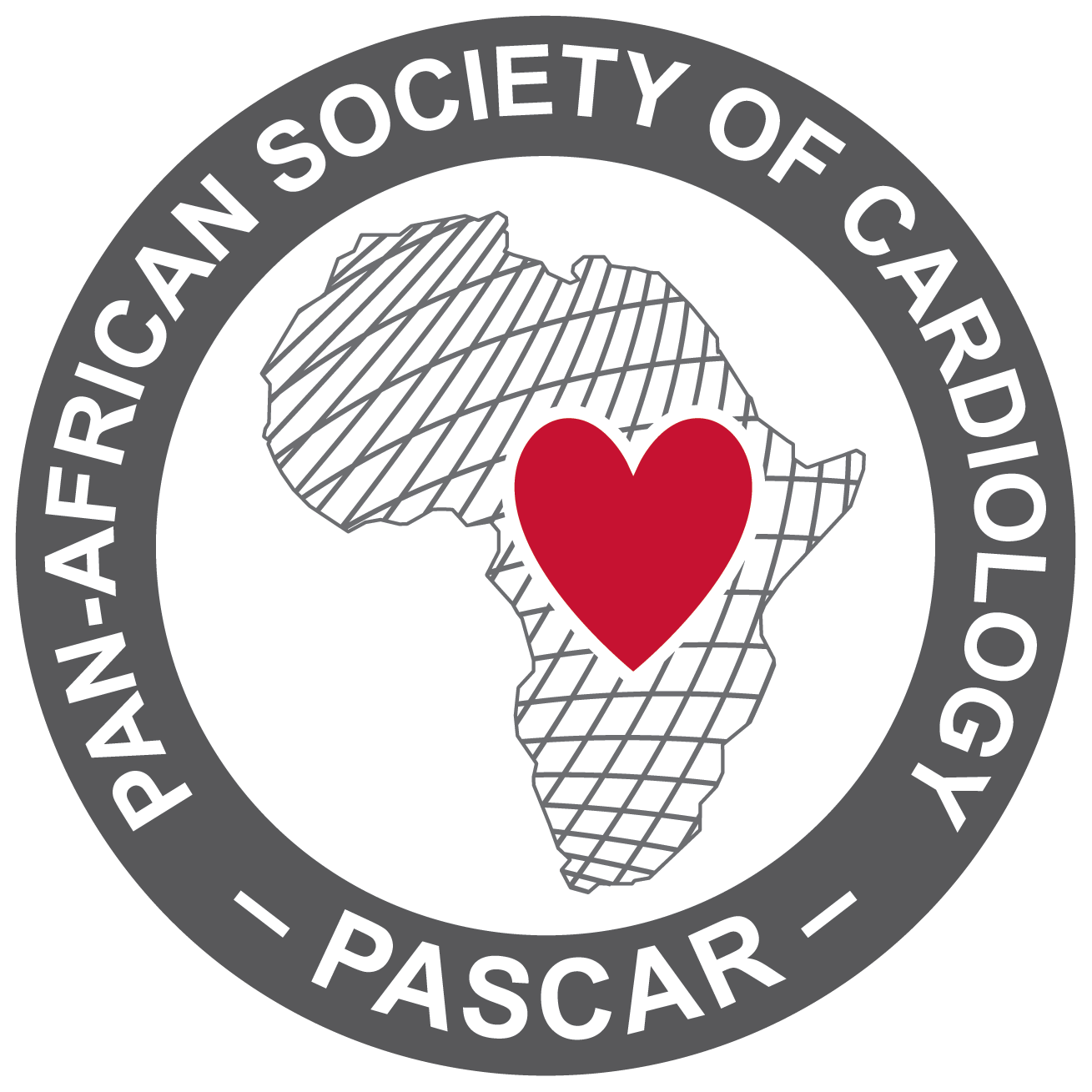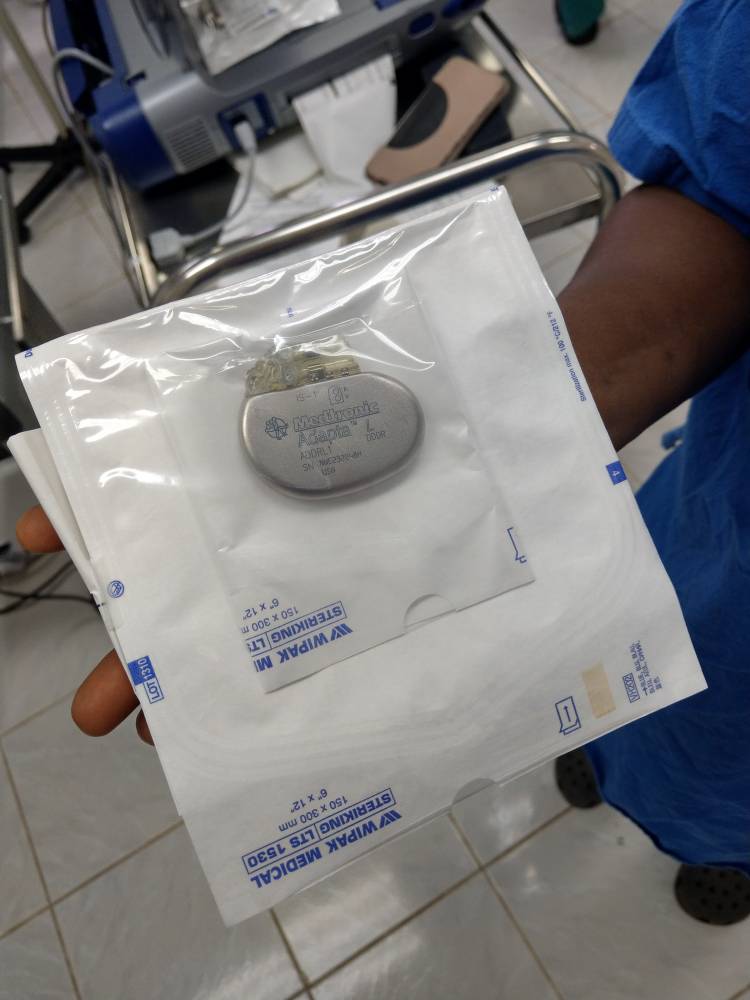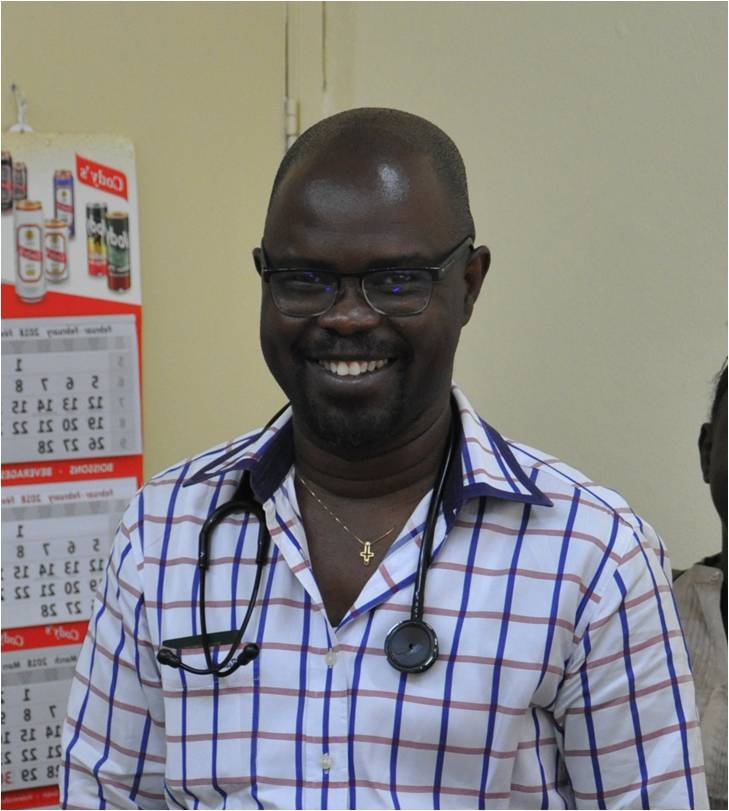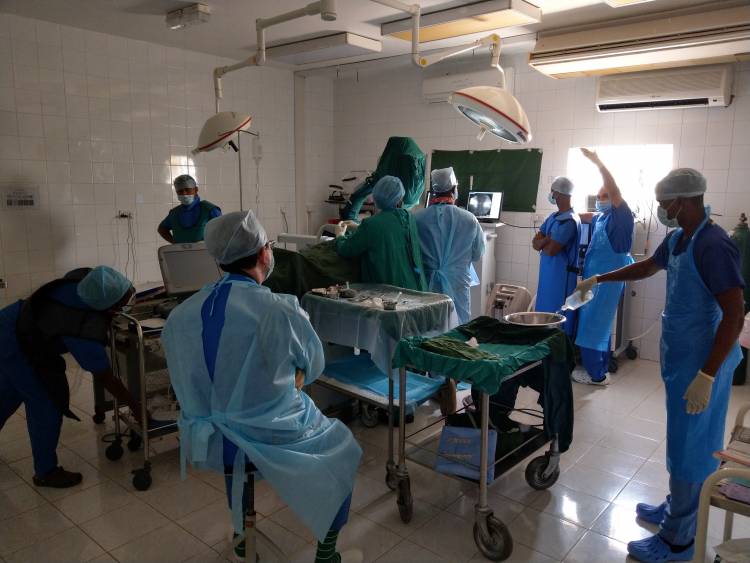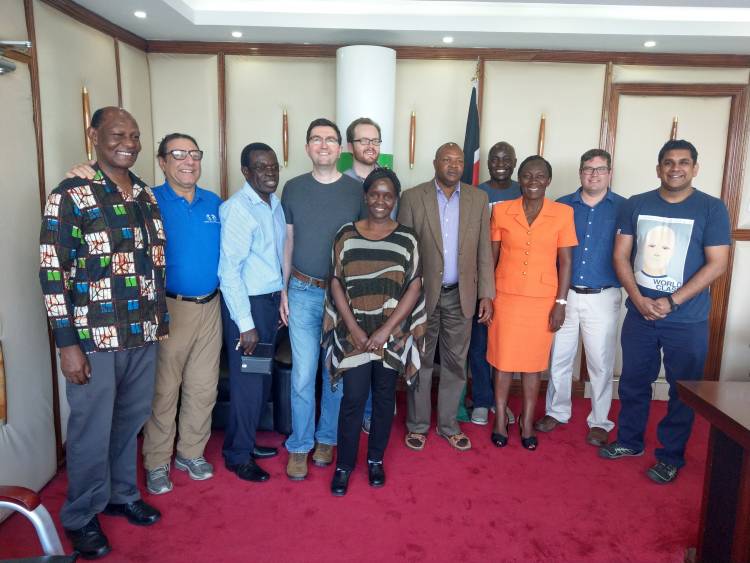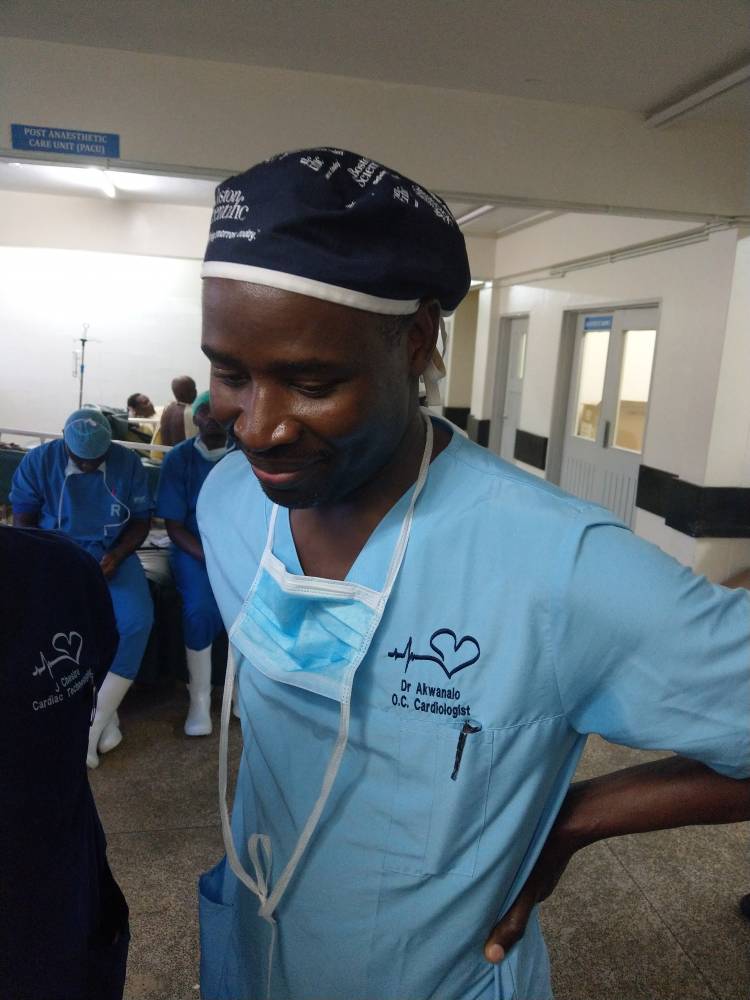PASCAR Pacing Fellowships and Workshops: Re-used Pacemaker Project Sierra Leone and Kenya
PASCAR Pacing Fellowships and Workshops
There is a severe lack of pacemaker implanters and pacemaker centres in Africa. ICDs and CRTs are not readily available in most sub-Saharan countries (except South Africa). The reuse of Pacemaker and ICD is viewed as safe and feasible and can address the severe shortage of devices experienced due to cost constraints.
PASCAR Fellowship in cardiac pacing has addressed the absence of clinical expertiseby supporting fellows with the aim to train teams from developing countries at Groote Schuur Hospital, which includes the following:
- 6-month practical training in cardiac pacing for a cardiologist or a specialist physician with interest in cardiology;
- 3-month practical training for support staff;
The training aims to achieve a minimum of 30 single-chamber pacemakers and five dual-chamber pacemakers’ implants as the first operator.
Members of PASCAR Pacing Task Force: My Heart Your Heart and Pace4Life travelled to two African countries to implant pacemakers and educate local cardiologists in the procedure. In all, 21 pacemakers and one defibrillator were implanted in patients in these two countries.
Re-used Pacemaker Project – Sierra Leone (February 2018)
Dr James Russell from Sierra Leone was one of PASCAR’s first fellows to complete the UCT PACING Fellowship. Various professors visited Sierra Leone in February 2018 to participate in a re-used pacemaker workshop that was also broadcasted on BBC World.
All investigations, hospital admissions, meals (while on admission) and theatre fees, including the pacemaker implantation, were free to all patients.
Dr Russell implanted pacemakers at Choithrams Hospital, which is a privately-owned hospital in Sierra Leone. The hospital invested a great deal in the “pacemaker project” by buying a brand-new C-arm X-ray machine, programmer and some new pacemakers.
Dr Russell implanted pacemakers in two of the patients under proctorship of Dr Thomas Crawford from the University of Michigan. Only re-used pacemakers were inserted, as the patients could not afford the cost of a brand-new pacemaker. The patients greatly appreciated the re-used pacemakers, and Dr Russell thanked the visiting team for donating re-use pacemakers and several other items for future implantation.
Dr Russell is pleased to translate his Fellowship training into practice in his home country. He expressed his gratitude towards everyone, especially to Dr Thomas Crawford, Prof Zaheer Yousef and Mr Lavan Balasundaram for making this Pacemaker Project a reality in Sierra Leone. The legacy of this project will continue since lives are being saved. This achievement has been five years in the making, and the beacon set in Sierra Leone, with the hope for more centres to follow, attracts much gratitude.
The long-term vision for Dr Russell is to set up his own pacing service, and once established, start training other clinicians from Sierra Leone and neighbouring countries.
Re-used Pacemaker Project – Kenya (19 – 23 February 2018)
The first Pacemaker Implantation Mission in Kericho County, Kenya, was a collaboration lead by Kericho Governor Prof Paul Kiprono Chepkwony, in coordination with the “collective”:
- Project My Heart Your Heart (University of Michigan, USA);
- Pace4Life (United Kingdom);
- World Medical Relief;
- NEScientific (USA); and
- Relief for Africa (Kenya)
Together we assessed the facilities, up-skilled the nurses, doctors/cardiologists and support staff with outstanding results. Thirteen pacemakers and one ICD were implanted during the week. The facilities were excellent alongside the skill and knowledge of all the staff.
The smiling patients became increasingly mobile after having received life-saving treatment. Some had been bed-ridden for several years and had suffered from conditions of dizziness, breathlessness, random spates of collapsing and being a burden to their loved ones.
The local and national news coverage has led to an influx of patients requiring this life-saving treatment. BBC has been airing video coverage of this monumental occasion globally, and we expect the demand to increase nationally.
To support this influx in demand that will increase annually, together with Kericho County and Kenyan cardiologist Dr Constantine Akwanalo, we want to leave a legacy by creating a sustainable pacing programme for Kenya.
Dr Akwanalo completed his pacing studies in South Africa in 2017 after being selected to receive training through the PASCAR PACING Task Force Fellowship at University of Cape Town. His passion and knowledge which he shared with Governor Paul Kiprono Chepkwony will assist in government delivering a sustainable programme for the Kenyan people. Therefore, a two-pronged approach is required where those not economically challenged, will continue to pay for devices, while those economically challenged and who agree will receive reconditioned devices at none cost.
While still in the infancy of the exact details and mechanisms, this mission has been a great success. As such, there is a willingness to provide the required support locally and from a far as required to establish a sustainable pacing programme that will be led by the local Kenyan people where by leaving a legacy.
Please contact the PASCAR Office on info@pascar.org or www.pascar.org if you wish to contribute.
